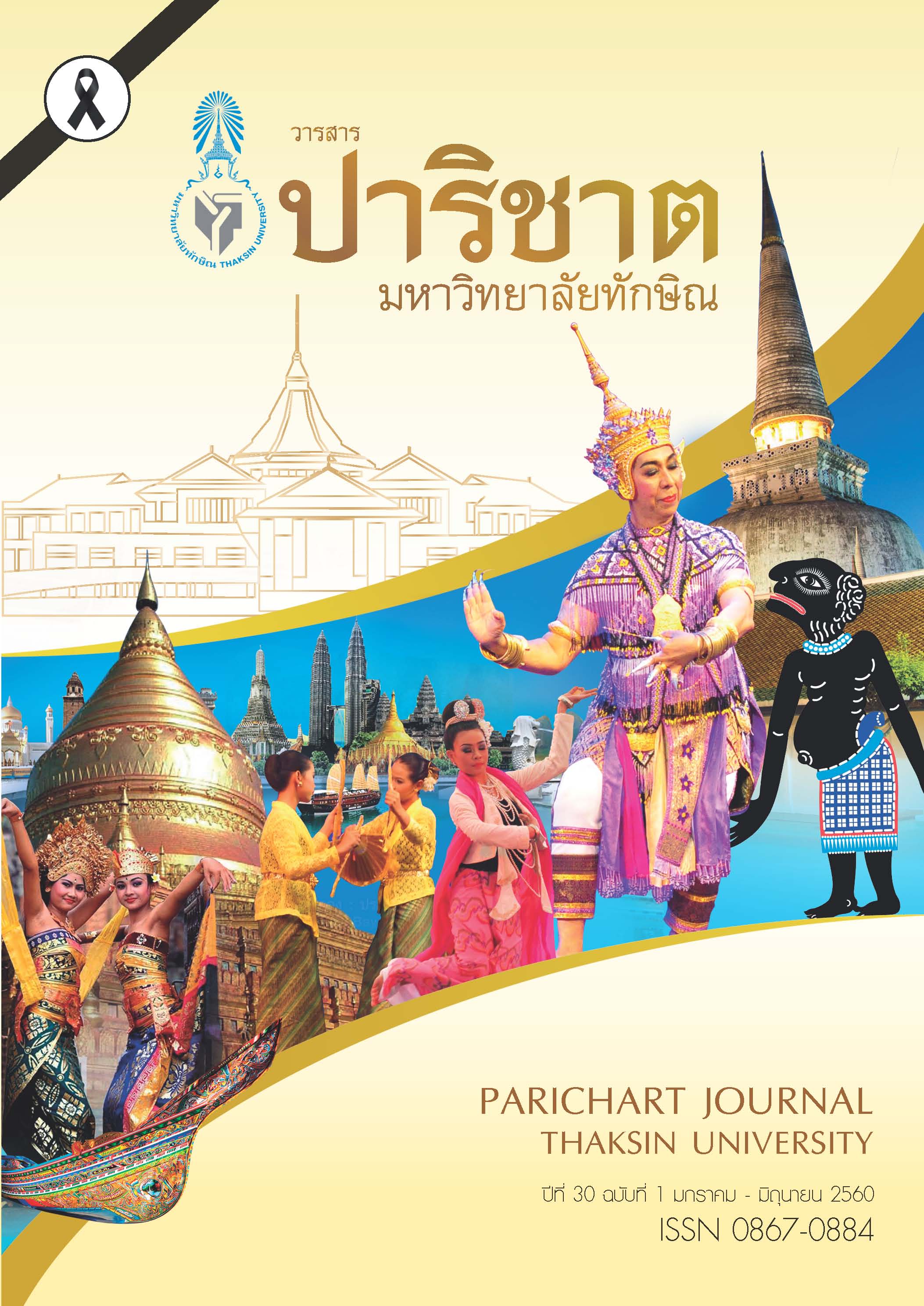Guidelines for Learning Management in Social Studies in the Development of Critical Thinking Skills for the 21st Century Learners
Main Article Content
Abstract
Guidelines for learning management in social studies serve as a tool in the development of critical thinking skills among 21st century learners. The guidelines play a key role in the development of learners and educational development, which is regarded as essential for the country development. It is a cornerstone in the development of human resources to be equipped with the knowledge, skills and attitude toward working and living happily with others. The following are the management guidelines: 1. Training on the process to generate knowledge for concept development; 2. Training on the process of practices to develop skills in observation, comparative thinking, classification and reasoning skills, and 3. Training on the process value creation to develop applications to situations in today’s society. Today’s society worldwide is exposed to the fast-pace changes in the social, cultural, political, economic and technological dimensions. This results in diverse ways of life of the people ultimately leading to a multicultural society. Therefore, it is essential to accelerate the development of learners and teachers to be able to adapt themselves and cope up with the fast changing world. There is a need for the learning management so that learners are prepared with new and ever-increasing knowledge and information. Manpower development is required so that people are able to catch up with current social trends in all dimensions and with the future’s changing trends, with quality and sustainability performance.
Article Details

This work is licensed under a Creative Commons Attribution-NonCommercial-NoDerivatives 4.0 International License.


